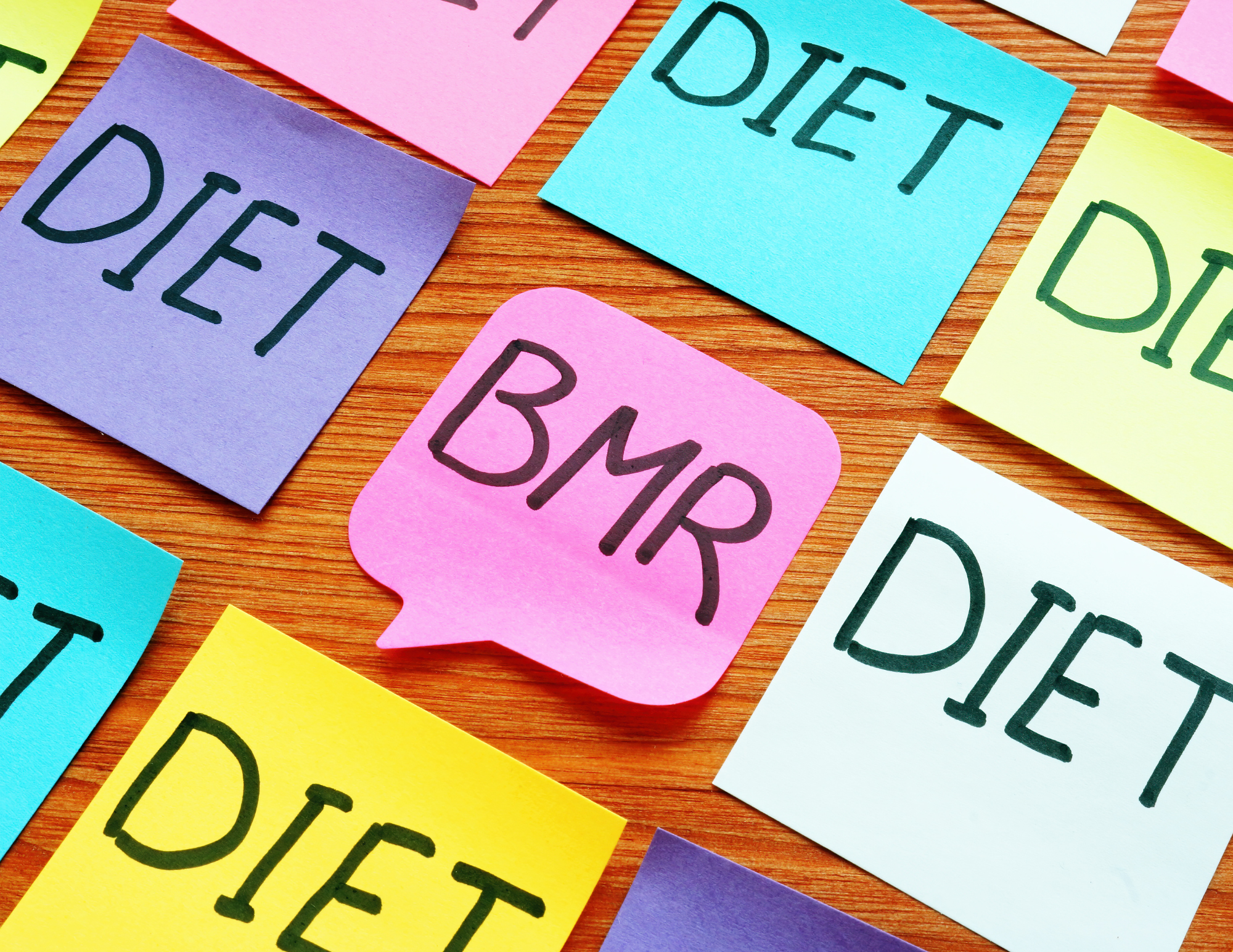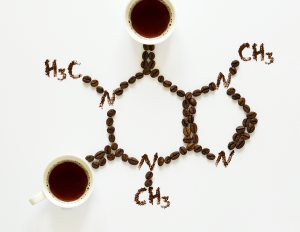Metabolism is a very important factor when it comes to weight loss. Oftentimes, we tend to blame our metabolism as to why we are not losing weight. Can it really be to blame? And is it something that slows over time? First, let’s start with an insight into what metabolism is and how it works.
Metabolism is defined as the process of your body converting nutrients into energy. Once you consume a food or beverage, your body breaks down the calories and combines the molecules with oxygen, which then releases energy for your digestive system to absorb and utilize. Our bodies need energy in order to do basic daily functions, such as breathing, growing cells, circulating blood, etc. and that amount of energy needed to do such functions is known as the Basal Metabolic Rate (BMR). When you think of metabolism, you’re actually thinking of your Basal Metabolic Rate!
One’s BMR can be influenced by multiple factors:
- Body Composition: overall weight and how much muscle you have can determine the amount of calories you burn. More muscle on the body burns more calories!
- Your Sex: men will have a higher BMR than women, as males naturally have a higher muscle mass, are generally taller, and have less body fat than females.
- Your Age: as we get older, muscle mass tends to decrease and body fat mass accounts for more of your weight, which can lower BMR.
Other than your Basal Metabolic Rate, your body also burns calories through physical activity, nonexercise activity thermogenesis (NEAT), and food processing (thermogenesis). NEAT is considered the activity you do that is not exercise, such as walking around your work office, grocery shopping, and folding laundry.
With all of these factors accounting for your calories going out, it is important to acknowledge the amount of calories going into your body. Metabolism does not randomly slow down, unless diagnosed with a medical condition such as Cushing’s Syndrome or Hypothyroidism. When it comes to losing or gaining weight, it is all about energy surplus versus energy deficit. If you are to consume more calories than you are burning, a.k.a. an energy surplus, you will then start to gain weight. The opposite will go for losing weight, by burning more calories than you are consuming, you will create an energy deficit and will therefore lose weight. And in order to maintain your weight, eating an equal amount of calories to the calories you burn in a day is what can prevent weight gain or loss.
Now going back to the factors that determine your metabolism, we had mentioned that with age, muscle mass decreases which can then lower one’s BMR. So does that mean metabolism slows down with age? Not necessarily!

As we age, it is important to continue living a healthy way of life by eating a diet including lean protein and filling, nutritious foods and engaging in physical activity. By not being physically active, muscle mass can begin to decrease at the age of 30 anywhere from 3-5% each decade. Since muscle mass is a determining factor of BMR, maintaining an average to above average muscle mass will help maintain your metabolism, even as you age!
The same will go for those who have gone through menopause. If physical activity and a healthy diet are not in place, it is possible the metabolism will decrease, but that does not mean it will not go back up. During menopause, estrogen levels decrease, whcih natrually increases fat storage in the body. When there is an increased fat storage, an unhealthy diet, and lack of exercise, the body may lose muscle mass which then brings the BMR down. Turning it around with a healthy diet and exercise routine to support and increase your muscle mass will help to boost your metabolism!
Metabolism is known to fluctuate and if it were to slow down, you have the power to counteract it! Continuing the path of a healthy lifestyle will keep your metabolism where it needs to be in order to maintain a healthy weight, for life!
30/10 Weight Loss for Life takes your metabolism into account during your initial consultation. You can learn more about our full body composition analysis that you receive during your consultation by reading our blog here!




